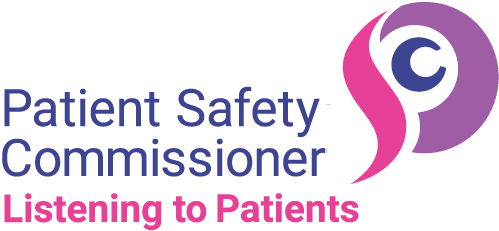
There is a consensus that improving consent will help patients understand the benefits and risks of the procedure they are considering, as well as the benefits and risks of the alternatives, including doing nothing. While this may be true, a consent conversation is a single event at the end of a decision-making process, so to help patients make the right choice based on knowledge of the benefits and risks of all reasonable options, we need to improve the end-to-end process of decision-making and consent.
I gave up anaesthesia in 2001, moving full-time into my subspeciality of pain management. The main reason was that I was anaesthetising some patients who didn’t know what operation they were having or why. 22 years later, it is remarkable that some patients are still undergoing procedures without understanding the risks involved, or the benefits and risks of alternatives.
Decision-making and consent are linked but not the same thing. Shared, informed, and supported decision-making is a series of unbiased conversations about the benefits and risks of all options, including doing nothing. It is also a process where healthcare professionals encourage patients to express their preferences.
Consent is an event at the end of the decision-making process and tends to focus more on the procedure under question and the potential risks, alongside what matters to the patient. This is particularly important when it comes to the medico-legal question of materiality, the degree to which an individual attaches significance to a risk. Consent also focusses on alternatives and benefits, but by the time patients come to a consent conversation, they are already significantly invested in proceeding with an intervention so they should have previously discussed the benefits and risks, as well as the risks of all reasonable alternatives, including doing nothing.
Other than in urgent/emergency situations, patients should share decisions prior to having a consent conversation and that is why we should be talking about ‘two-stage decision-making’, though the process should ideally be multistage, emphasising that patients can change their minds at any time, including when a consent form is sitting in front of them, ready for their signature.
For more information about shared decision-making see: https://www.england.nhs.uk/personalisedcare/shared-decision-making/
Professor Alf Collins is NHS England’s Clinical Director, Personalised Care Group
